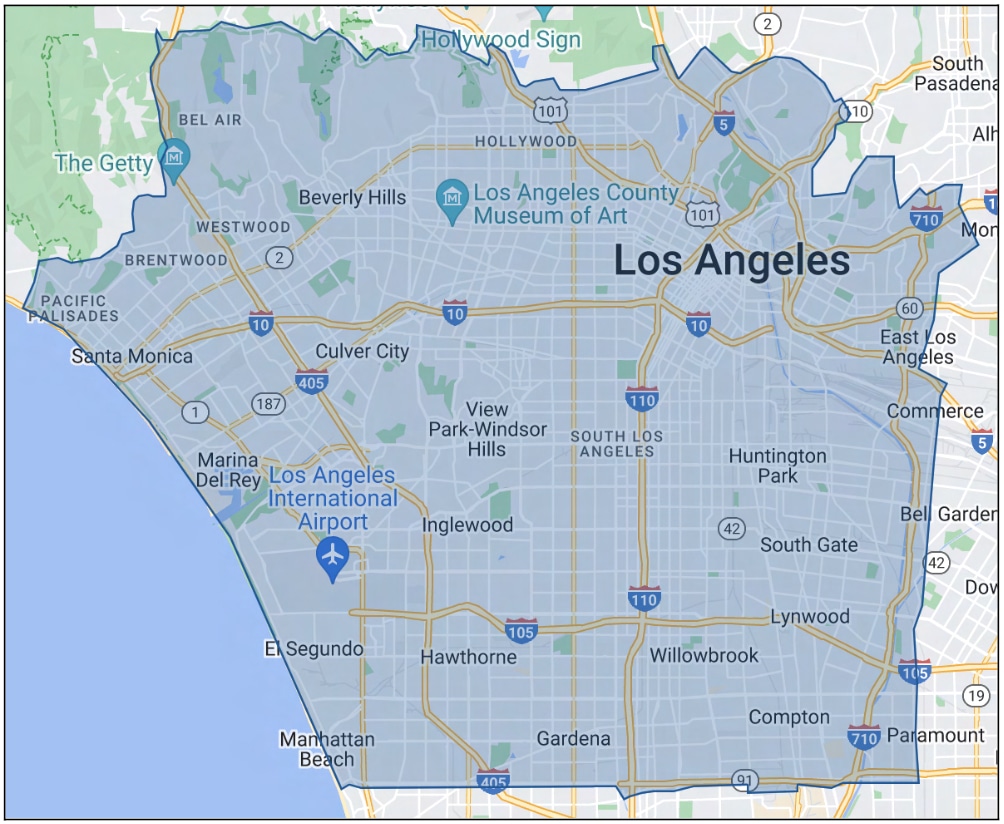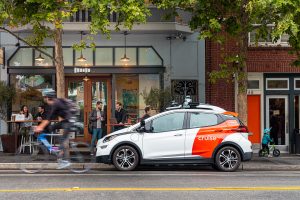- 🚗 Waymo, the driverless ride-hailing company, plans to expand its testing operations to Los Angeles.
- 📜 A new bill introduced by Senator Dave Cortese, the Autonomous Vehicle Service Deployment and Data Transparency Act (SB 915), may pose legal obstacles for Waymo’s expansion.
- 🌐 SB 915 aims to empower local communities to have a say in regulating autonomous vehicles (AVs) within their jurisdictions, potentially deviating from state-level decisions by the California Public Utilities Commission (CPUC) and the Department of Motor Vehicles (DMV).
- 🗺️ Waymo’s proposed map for operations in Los Angeles was filed with the CPUC.
- 🤔 The bill is a response to concerns and scrutiny around driverless vehicles, exemplified by incidents involving companies like Cruise in San Francisco.
- ⚖️ Critics argue that SB 915 could impede innovation, as companies like Waymo would need approval from numerous municipalities before expanding.
- 🗓️ Discussions on SB 915 are expected to begin in the Senate soon, with a vote likely later in the year.
- 📅 Waymo’s expansion plans received approval from the California DMV last month, but the CPUC’s response is pending until February 20.
As the autonomous vehicle landscape continues to evolve, Waymo, the pioneering driverless ride-hailing company, stands at the crossroads of a significant expansion plan. However, a new legislative development has emerged that could potentially reroute Waymo’s journey. Let’s delve into the details and explore the implications of Senator Dave Cortese’s Autonomous Vehicle Service Deployment and Data Transparency Act (SB 915).
The Drive for Expansion
Waymo’s ambition to extend its driverless testing operations to the vibrant streets of Los Angeles marks a pivotal moment in the company’s growth strategy. With a track record of successful testing in San Francisco and Phoenix, Arizona, the move to LA is a logical step forward. The sprawling urban landscape offers a new set of challenges and opportunities for refining autonomous technology.

Legislative Roadblocks: SB 915 Takes the Stage
Amidst Waymo’s expansion buzz, the introduction of SB 915 by Senator Cortese adds a layer of complexity to the narrative. This proposed legislation seeks to shift the power dynamics in autonomous vehicle regulation. Instead of state-level authorities like the California Public Utilities Commission (CPUC) and the Department of Motor Vehicles (DMV) making decisions, SB 915 puts the reins in the hands of local communities.
The Key Points of SB 915:
- Local Empowerment:
- SB 915 empowers city councils and county boards of supervisors to shape regulations for autonomous vehicles operating within their communities.
- The aim is to allow those familiar with local nuances to have a direct say in the deployment of driverless technology.
- Deviation from State Decisions:
- The bill represents a departure from the conventional top-down approach, allowing local communities to tailor regulations based on their unique circumstances.
- This decentralization could potentially create a patchwork of regulations, complicating matters for companies like Waymo seeking multi-city operations.
- Response to Scrutiny:
- SB 915 emerges in response to heightened scrutiny around driverless vehicles, particularly exemplified by incidents involving companies like Cruise in San Francisco.
- The bill positions itself as a safeguard, providing communities with the tools to regulate autonomously driven entities within their borders.
Industry Concerns: Innovation vs. Regulation
While the proposed legislation aims to enhance local control and address safety concerns, critics argue that it could inadvertently stifle innovation. The requirement for companies like Waymo to seek approval from numerous municipalities before expanding might introduce bureaucratic hurdles, slowing down the pace of autonomous advancements.
Grayson Brulte, head of insights firm Road to Autonomy, comments, “For all de facto purposes, Waymo is becoming the Standard Oil of autonomous driving. What this bill does is harm California’s innovation economy.”
The Road Ahead: Discussions and Decisions
The fate of Waymo’s expansion plans and the implications of SB 915 hinge on the upcoming discussions in the Senate. The bill’s potential impact on innovation, safety, and the broader autonomous industry will likely be scrutinized and debated. As discussions unfold, it remains to be seen whether the Senate will greenlight the proposed legislation or steer towards a different course.
Have Your Say: Join the Conversation
As the autonomous saga unfolds, we invite you, our readers, to share your thoughts on this legislative development. How do you perceive the balance between innovation and regulation in the autonomous vehicle realm? Feel free to email me at [your@email.com], connect on social media, or share your insights with the hashtag #AutonomousFrontiers.





